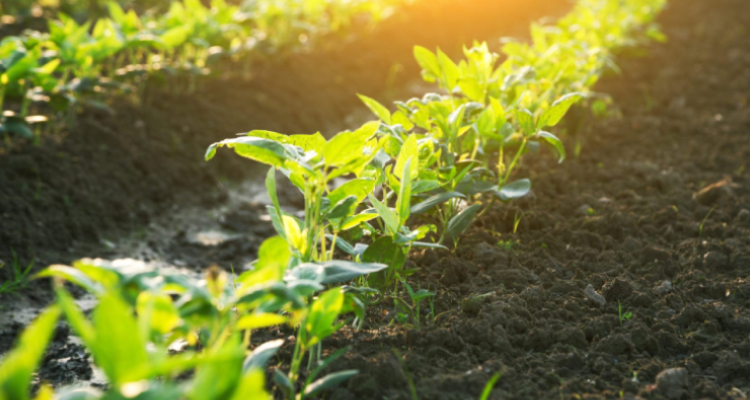
As global concerns over climate change intensify, the aviation industry faces growing pressure to reduce its carbon footprint. Traditional jet fuel, derived from crude oil, is a significant contributor to greenhouse gas emissions. Biofuels present an intriguing alternative, promising a cleaner and more sustainable way to keep aircraft in the sky. This article delves into the viability of biofuels in aviation, evaluating their potential as the fuel of the future.
The Genesis of Biofuels
Biofuels are produced from organic materials like corn, sugarcane, and even algae. Unlike fossil fuels, they are renewable and can be locally sourced, which cuts down on emissions resulting from transportation of the fuel.
Types of Biofuels
- First-generation biofuels: Made from sugar, starch, or vegetable oil.
- Second-generation biofuels: Produced from non-food crops or agricultural waste.
- Third-generation biofuels: Extracted from algae and offer higher yields compared to other biofuels.
The Benefits of Biofuels in Aviation
Emission Reduction
Biofuels generate fewer greenhouse gas emissions compared to conventional jet fuel. They can significantly reduce the aviation industry’s carbon footprint when used in a blend with traditional fuels.
Energy Security
Relying on locally sourced biofuels can improve a country’s energy security by reducing its dependency on imported oil.
The Challenges Ahead
Scalability and Cost
The current production capacity for biofuels falls far short of the industry's needs. Scaling up production remains a challenge, not to mention the higher production costs compared to fossil fuels.
Food vs. Fuel Debate
First-generation biofuels, derived from food crops, have triggered concerns over diverting food resources for fuel production, potentially driving up food prices.
Technological Limitations
Further advancements are required in second and third-generation biofuels to make them a truly viable alternative for widespread commercial use.
The Future Outlook
Several airlines have already begun test flights using biofuels, and some airports offer a biofuel option for refuelling. However, widespread adoption across the industry remains in the testing phase.
Frequently Asked Questions
What are the main types of biofuels used in aviation?
There are primarily three types of biofuels: First-generation (from food crops), second-generation (from non-food crops), and third-generation (from algae).
How do biofuels reduce emissions in aviation?
Biofuels generate fewer greenhouse gas emissions compared to conventional jet fuel. They can be blended with traditional fuels to reduce the aviation industry’s overall carbon footprint.
What are the primary challenges facing the adoption of biofuels in aviation?
The main challenges are scalability, cost, and technological limitations. Current production capacity is insufficient, and advancements in second and third-generation biofuels are necessary for widespread adoption.
Conclusion
While biofuels offer a promising step towards a more sustainable future for aviation, challenges like scalability, cost, and technology need to be addressed before they can replace conventional fuels entirely.
